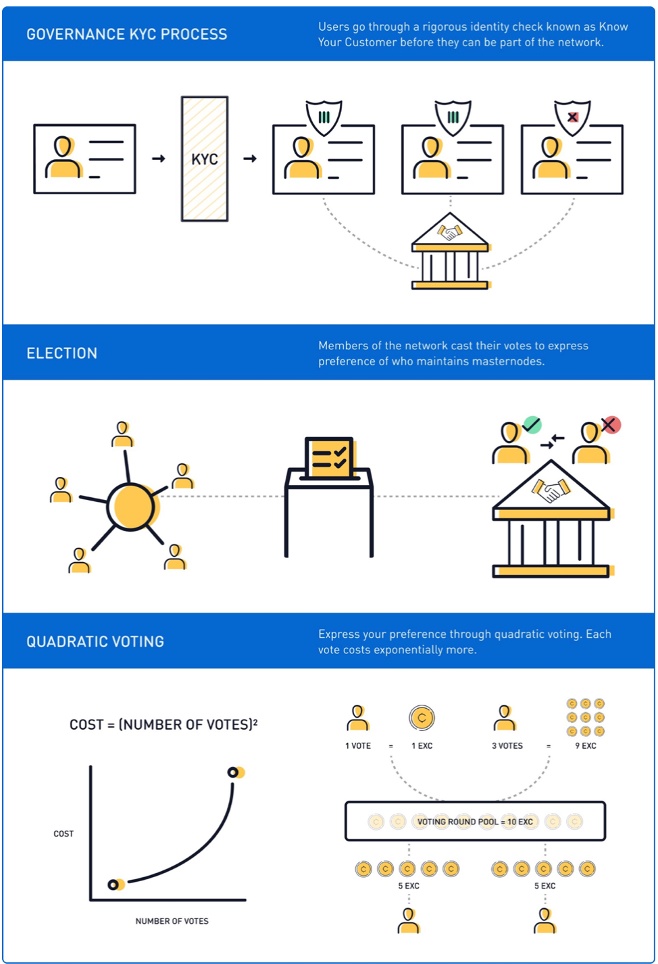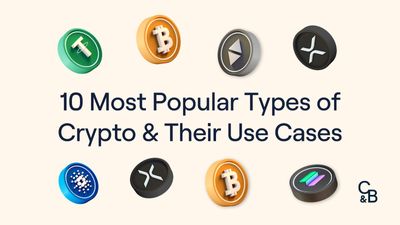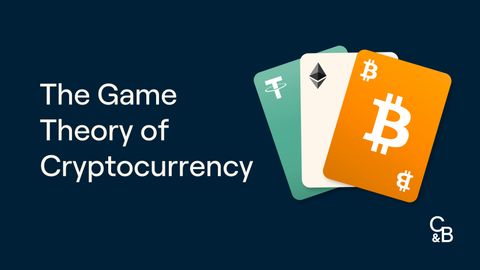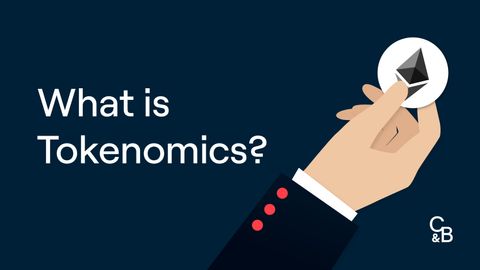A break from the markets
The U.S election month is approaching and on November 5th the President of the United States will be decided using a one-person-one-vote consensus mechanism. While we may take this voting mechanism for granted, leaders in the crypto community believe this method is outdated and alternatives are beginning to be seen in blockchain governance. To proponents of these voting schemes, this is not a minor improvement on existing voting structures but rather a fundamentally new class of social technologies.
One such scheme is Quadratic Voting (QV) and Ethereum’s co-founder, Vitalik Buterin, believes it to be a leading candidate in addressing governance problems in blockchain and traditional public systems. In order to realize the decentralized promise of blockchain technologies, careful attention must be payed to governance mechanisms. Buterin acknowledges this and believes that discussions around economics and mechanism design can make for, “more open, free, egalitarian and efficient systems for human cooperation, including improving or replacing present-day corporations and governments”.
What is Quadratic Voting?
QV allows individuals to express how strongly they feel about an issue rather than just whether they are in favour of it or not. It offers a system where voters can express their degree of preference rather than just direction. In QV, voters are assigned tokens to vote on issues, where they have the ability to cast more votes on issues that they feel particularly strongly about. However, the cost of each additional vote increases quadratically so that 1 vote = 1 token, 2 votes = 4 tokens, 3 votes = 9 tokens etc. Hence the name quadratic voting. At the end of each governance cycle, all tokens cast as votes are redistributed evenly between the voters. Glen Weyl, a Ph.D. economist, principle researcher at Microsoft and the inventor of QV, says that, “quadratic voting provides a better way to make collective decisions that avoids the tyranny of the majority” - an inherent weakness in democratic systems that infringes on the rights and equal opportunities of minority factions.
Weyl’s idea eventually grabbed the attention of Vitalik Buterin and along with Harvard Economist Zoë Hitzig, they published a paper titled Liberal Radicalism: A Flexible Design For Philanthropic Matching Funds. In the paper they extend the ideas of QV and propose a publicly-funded model that optimizes a decentralized and self-organizing ecosystem of public goods. The paper deals with various issues in blockchain and crypto technologies such as ‘free-riders’, those who consume a disproportionate amount of resources - a phenomena commonly seen during ICO’s where a large number of tokens are typically concentrated in the hands of a few investors. The paper ultimately explores ways to harness markets and technology in both blockchain and traditional systems in order to radically decentralized power while supporting collective organization via quadratic voting principles.
Quadratic voting may prove useful in any form of public market, where everyone consumes the results of the same decision. This can apply to a future protocol of blockchain or a government deciding whether or not to implement a policy, where it is decided by whether option A or option B garners more support. In a one-person one-vote dynamic, the degree of conviction for preferences gets ignored, so a decision that is of low value to the majority and high value to the minority will yield poor results. In a private-goods market, where voters can buy more votes at the same price per vote, the wealthy will hold disproportionate voting power. QV finds a happy medium between these two voting structures by ironing out the extremities of each. The result is a governance mechanism that strikes a balance between the former two systems using mathematical optimization. Early adopters of QV include Eximchain who are building it directly into their protocol.

Blockchain and decentralized systems are not immune to a concentration of power. For example, a large pool of nodes can be controlled by a small group of users who possess most of the computing strength behind the network and can potentially act beyond the scrutiny of democratic processes or developers attempting to improve the protocol. This is a very real risk for even large projects such as Bitcoin and aligns with the tendency for complex democratic systems to eventually form oligarchic concentrations of power as outlined in Robert Michel’s work. Mechanism’s such as QV have a lot to offer in preventing this from occurring and may be a way to ensure that blockchain projects governance structures live up to their values.
Quadratic voting is far from bulletproof and there are still question marks surrounding identity management and its reliance on pegging voters to an identity before the system can be viable. However, it is an initial flurry into resolving the weaknesses in our current democratic models and is a social technology that can potentially safeguard the equity of the democratic process. Blockchain provides a critical testing ground for new governance models like QV and gives us the ability to scrutinize the efficacy of such systems and determine their scalability in larger political spheres.
For more on QV see Vitalik Buterin’s article.
from Caleb & Brown Cryptocurrency Brokerage.






